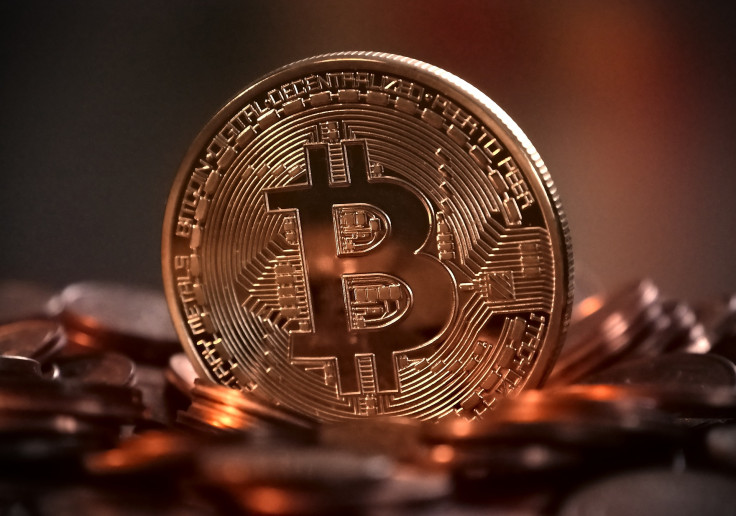Bitcoin Climbs To New High As Biden Administration Scrambles To Protect SVB Depositors
The price of Bitcoin, the world's largest crypto asset by market capitalization, soared to a new high over the weekend as the Biden administration scrambled to limit the fallout from the collapsed Silicon Valley Bank (SVB), the country's 16th biggest bank and regarded by Forbes as America's Best Banks for the five straight years.
The price of Bitcoin broke through the $21,000 price level following reports Sunday that federal authorities, particularly the Treasury Department, conducted a series of emergency meetings to look into the possibility of safeguarding uninsured deposits at Silicon Valley Bank in the event it could not find a buyer for the institution.
"Federal authorities are seriously considering safeguarding all uninsured deposits at Silicon Valley Bank, weighing an extraordinary intervention to prevent what they fear would be a panic in the U.S. financial system," The Washington Post reported, citing people familiar with the matter.
The Silicon Valley Bank collapsed Friday following a $42 billion bank run.
The collapse promoted an immediate widespread realization among various sectors that American bank accounts and corporate accounts are only insured up to $250,000 by the Federal Deposit Insurance Corporation (FDIC), triggering a sharp reversal in the price of the leading crypto asset Bitcoin.
The maiden digital asset showcased a massive price gain of 8.7% and soared from a 24-hour low of $20,334 to a new high price of $22,111 following the news.
It is worth noting that Bitcoin, the first-ever digital asset introduced in the world, was developed out of its pseudonymous creator's frustration following the 2008 financial crisis. Bitcoin creator Satoshi Nakamoto created the cryptocurrency as an alternative and response to the contemporary banking system as the financial crisis in that year highlighted the collapse of American banks and financial institutions at the expense of citizens.
Nakamoto intended to create a monetary system with inherently limited supply and supported by verifiable and transparent means of validating and processing transactions without the need for any middleman or a bank's intervention.
The Bitcoin creator used the bitter history of the American banking system to justify the creation of the cryptocurrency asset.
"The root problem with conventional currency is all the trust that's required to make it work. The central bank must be trusted not to debase the currency, but the history of fiat currencies is full of breaches of that trust," Nakamoto said.
"Banks must be trusted to hold our money and transfer it electronically, but they lend it out in waves of credit bubbles with barely a fraction in reserve. We have to trust them with our privacy, trust them not to let identity thieves drain our accounts. Their massive overhead costs make micropayments impossible," he added.
As of 2:06 a.m. ET on Monday, Bitcoin saw a 9.28% increase over the past 24 hours and was trading up at $22,458.19 with a 24-hour volume of $35,018,299,128, according to the latest data from CoinMarketCap.

© Copyright IBTimes 2025. All rights reserved.






















